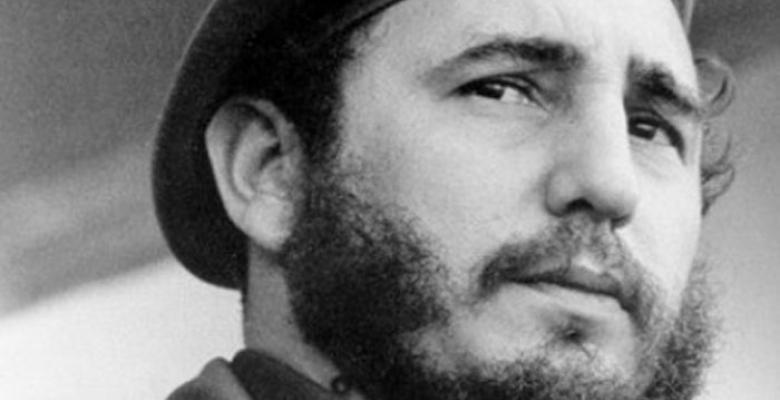Fidel Castro: His Calling for the Sovereignty of Cuba and the Peoples
especiales

The name of Fidel Castro has marked the passage of time in Cuba in the last seven decades. His imprint, however, transcends the limits of this Caribbean island, since the leader of the Cuban Revolution became one of the most transcendental personalities in contemporary history.
Of course, he is a figure who has not only generated great sympathies. The processes and conflicts in which he took part from his youth spawned more than a few adversaries and detractors throughout nine decades of life. Even so, it’s undeniable that, 98 years after his birth, Fidel Castro continues to be a reference for thousands of people, both outside and withing Cuba.
Fidel Castro Ruz was born on August 13, 1926 in Birán, in the current province of Holguín. His father, Ángel Castro Argiz, a descendant of peasants from Galicia, was a member of the Spanish army during the last war of independence in Cuba and became an important landowner in the northeastern region. His mother, Lina Ruz González, came from a peasant family from Pinar del Río.
Upon entering the University of Havana in 1945, the son of Birán joined the student struggles. From various progressive student organizations, he spoke out against the inconsistencies of that republic and against North American imperialism. From then on, Fidel's life would be linked to the fight for social justice.
In the 1950s, he placed himself at the head of a generation of worthy young men and began to emerge as a national leader. He organized the assault on the “Moncada” and “Carlos Manuel de Céspedes” garrison in 1953; he prepared the Granma expedition, which set sail from a Mexican port in 1956; he led the guerrilla in the mountains between December 1956-December 1958; and he led the Revolution until his last breaths.
In the trial that followed the events of July 26, 1953, he stated the problems that plagued Cuban society at that time: the housing problem, the industrial problem, the health problem, the education problem, the unemployment problem, and the land problem. Regarding this last issue, he held one of the most radical and consistent positions when in 1959 a group of revolutionary leaders drafted the Agrarian Reform Law, a law that benefited hundreds of thousands of peasants and contributed to the consolidation of national sovereignty.
Once victory was achieved against the Batista tyranny and Cuba was on its right path, the guerrilla leader was one of the architects of one of the most admirable gestures of the Cuban Revolution: solidarity in health matters, which began in 1962 with the help of several dozen Caribbean health workers to the newly independent Algeria.
Written lines would not be enough to describe the great moments led by Fidel Castro. The impressions about this exceptional figure can be diverse. The truth is that, over the years, many have recognized his capacity for leadership and for providing sound reasoning to the analysis of different situations. When remembering the founder of the Rebel Army, one cannot ignore his talent, the lessons learned during his training as a jurist, his intelligence and his calling for the sovereignty of Cuba and the people.
Translated by Amilkal Labañino / CubaSí Translation Staff













Add new comment